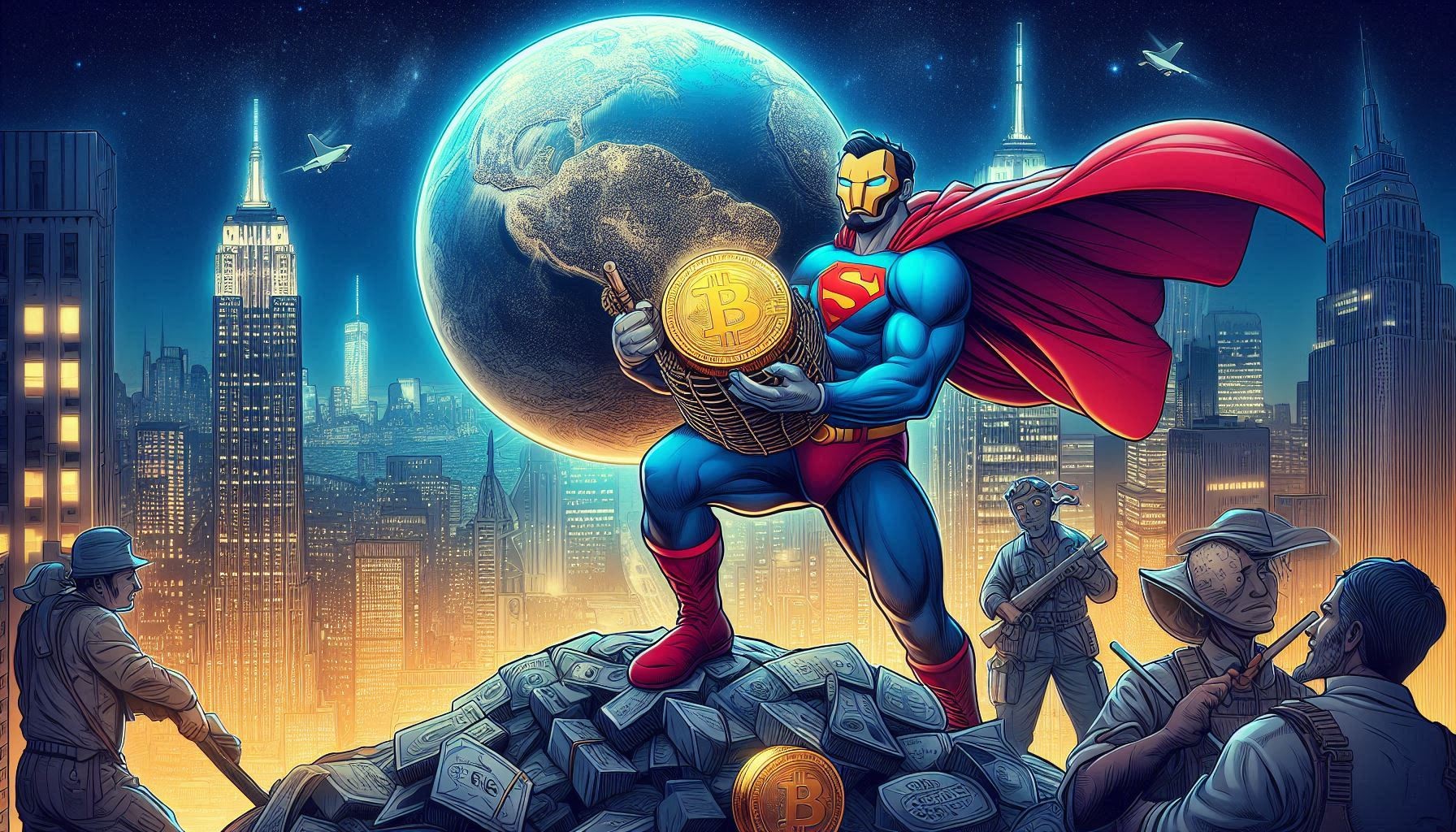OnStaking: Crypto Market Crashes! Ethereum Plunges as Trade War Adds Fuel to the Fire — But Is This a Time to Build?
May 1, 2025 — OnStaking News Desk
The global crypto market faced a sharp downturn this week as Ethereum (ETH) tumbled over 20%, triggering a broad selloff across digital assets. Mounting tensions in global trade, particularly between the United States and China, have stoked fears of economic slowdown — driving investors toward traditional safe havens and away from riskier bets like cryptocurrencies.
But amid the noise and panic, seasoned voices in the blockchain space urge caution — and optimism.
Short-Term Volatility, Long-Term Vision
While Ethereum’s price drop has rattled retail investors, many analysts point out that this level of volatility is not new in crypto markets. "Corrections are a natural part of a healthy ecosystem," says Lina Xu, a senior analyst at ChainPulse. "It clears excess speculation and refocuses the market on fundamentals and innovation."
Indeed, development activity on Ethereum remains robust. The network continues to push forward with rollup scalability solutions, Layer 2 integrations, and improvements to staking infrastructure — even amid macroeconomic pressure.
Opportunities Beneath the Surface
Veteran investors view downturns like these as windows of opportunity. “When prices fall, builders build and smart money accumulates,” says Alejandro Garcia, managing partner at BlockThrive Capital. “We’re seeing a strong uptick in institutional interest in Ethereum staking, particularly as traditional yields remain suppressed by central bank policies.”
Meanwhile, projects with real-world utility — such as decentralized finance (DeFi) protocols and tokenized asset platforms — are quietly gaining traction. As speculative excess is wrung out of the system, capital is increasingly flowing into initiatives with long-term value.
Geopolitical Headwinds Highlight Crypto’s Relevance
Paradoxically, the very trade tensions that have shaken markets may also strengthen the case for decentralized assets. As global supply chains fragment and economic alliances shift, investors are revisiting the role of borderless, censorship-resistant money.
“Geopolitical instability reinforces the need for global financial alternatives,” notes Dr. Marcus Linde, a blockchain economist. “Ethereum isn’t just a speculative asset — it’s infrastructure for a more open, programmable economy.”
Conclusion: A Time to Zoom Out
Yes, the headlines are dramatic. Yes, prices are down. But the core value proposition of Ethereum and blockchain technology hasn’t changed — and may be more relevant than ever.
As markets recalibrate and macro fears play out, the smartest move might not be panic — but preparation.
Because after every storm in crypto, history shows one thing: builders, believers, and long-term thinkers tend to come out stronger.

 English
English
 Deutch
Deutch
 Espanol
Espanol
 Francais
Francais
 Portugues
Portugues
 日本
日本
 한국인
한국인
 Türk
Türk
 Русский
Русский
 Tiếng Việt
Tiếng Việt

